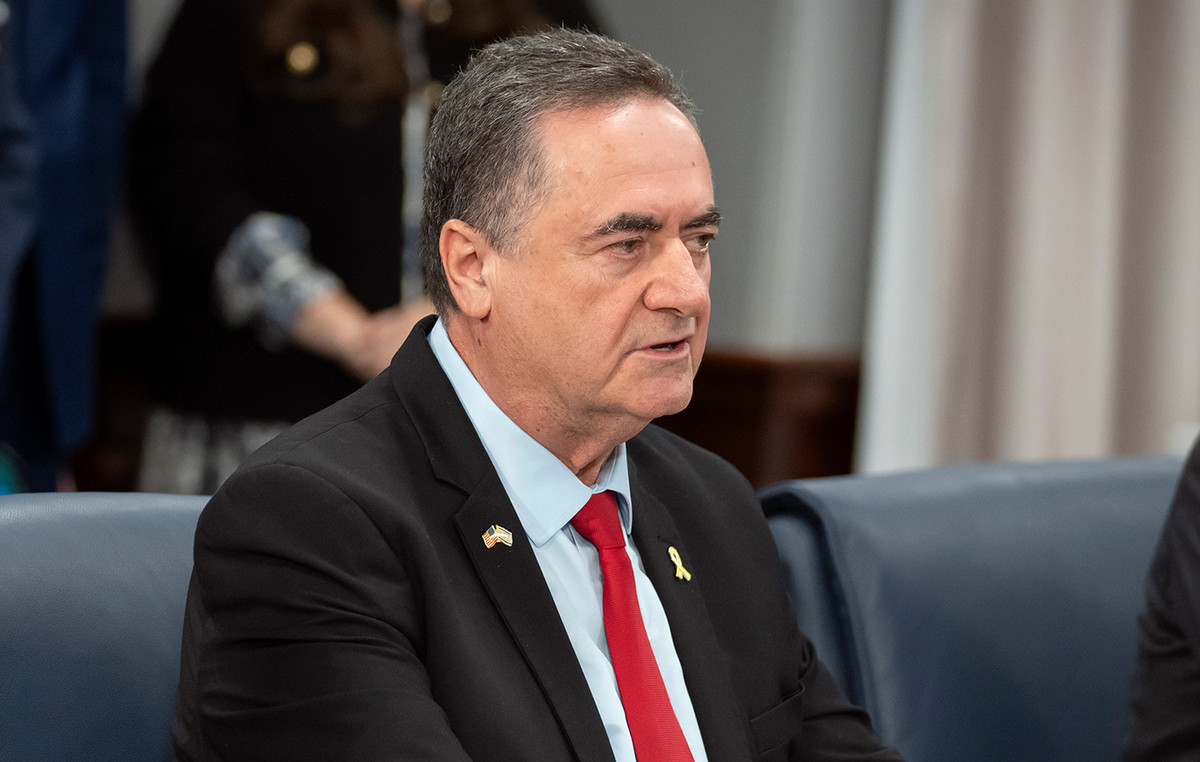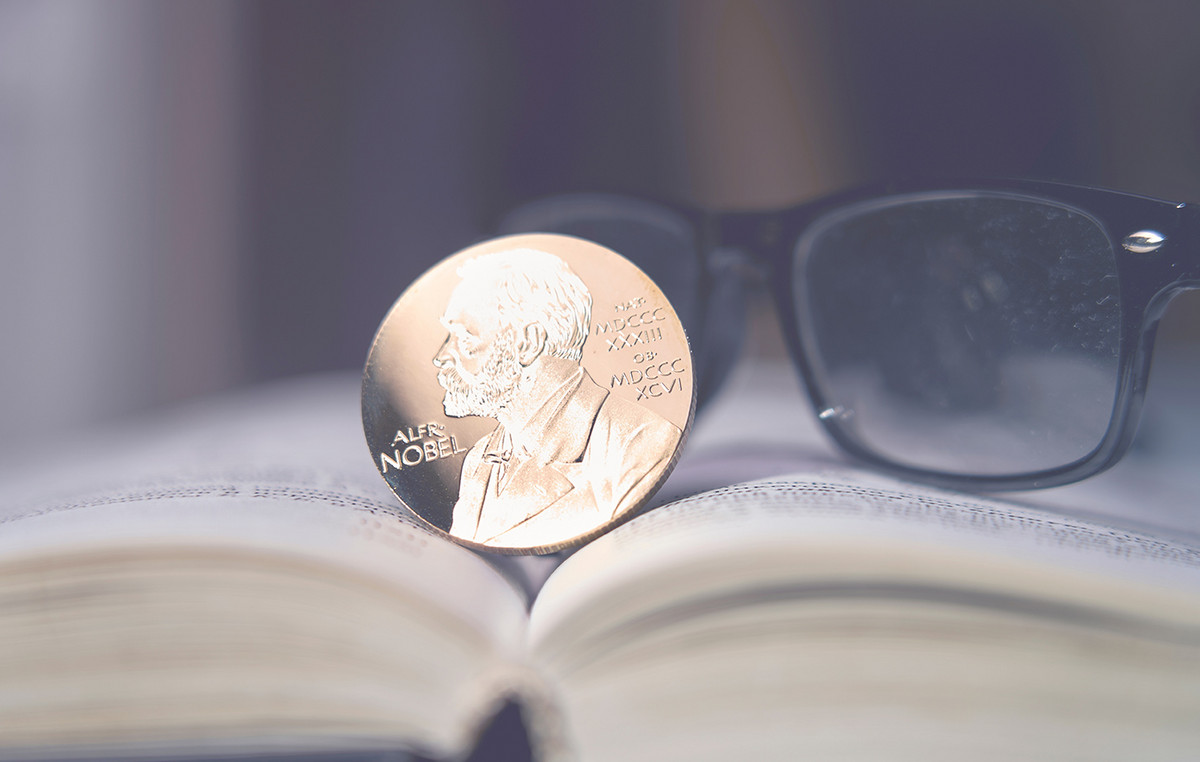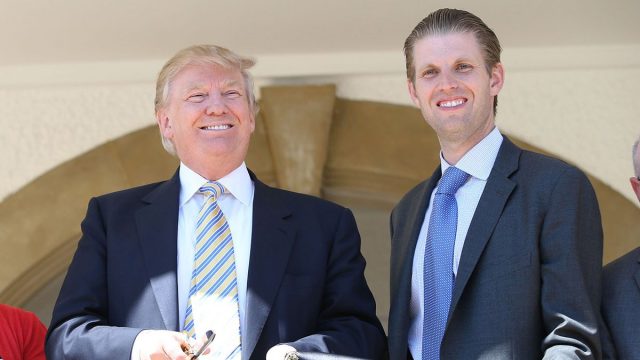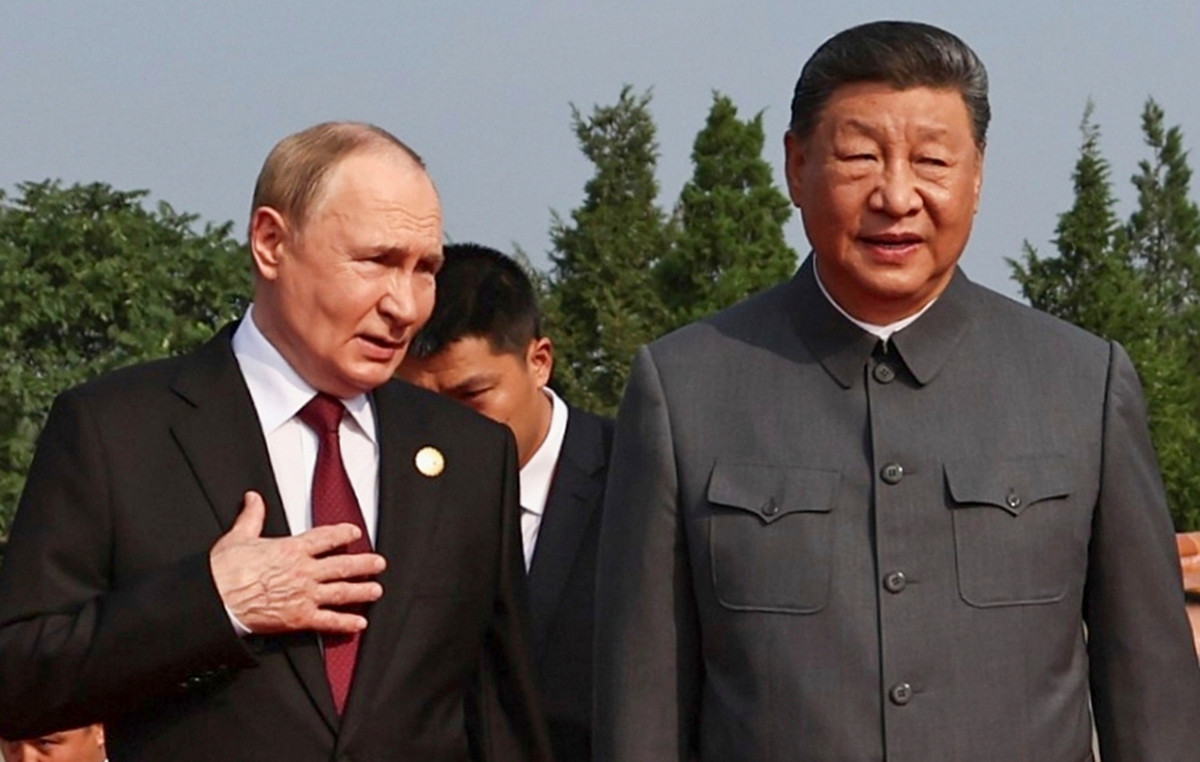Russian President Vladimir Putin’s decision to invade Ukraine last week shattered the security order in Europe that had existed since the end of the Cold War. And it also forced investors to consider whether they need to adjust to a world that, perhaps, has changed forever.
“I believe that Russia’s invasion of Ukraine marks nothing less than a departure from the predominantly US and Western-dominated world order that has prevailed since the fall of the Berlin Wall,” said Michael Strobaek, global chief investment officer at Credit Suisse. , in a note to customers last Friday (25).
Before Russian troops attacked Ukraine, triggering tough punitive sanctions from Western countries, the main concern on Wall Street was linked not to Putin but to US Federal Reserve Chairman Jerome Powell.
What the Fed should do next to contain inflation, which has been growing at the fastest pace in decades, has been the subject of intense speculation. More and more, the traders are gearing up for the Federal Reserve to aggressively raise interest rates and begin reducing the size of its massive balance sheet, built to support the economy during the pandemic.
On Thursday, Fed Director Christopher Waller advocated a possible 0.5 percentage point hike in March to “convey the determination of monetary policymakers to deal with high inflation, about which there should be no doubt.” .
But even that decision could be influenced by what is happening now in Ukraine.
“It is possible that the state of the world will be different after the attack in Ukraine, and that could mean that a more modest tightening is appropriate, but that still needs to be evaluated,” continued Waller.
On the one hand, inflation is expected to rise further in the short term as a result of the invasion, which has driven up energy prices and churned up the market for key agricultural products such as wheat and corn. On the other hand, the Fed doesn’t want to raise rates too quickly and trigger a recession.
“It’s going to put them in a slightly more awkward position,” said Ben May, director of global macro research at Oxford Economics.
However, according to Strobaek, what changed when Russia invaded Ukraine goes far beyond the Fed.
“Russian President Vladimir Putin aims to reposition Russia as a powerful nation whose strength is based on its energy and commodity resources as well as its military,” he said. “This is likely to have significant repercussions for security arrangements in Europe and globally.”
In addition, Strobaek continued, other global powers like China are watching closely to see how the conflict evolves and how the West reacts.
“Now, we are moving into a new multipolar world,” he said.
That means investors will have to think differently about how they spend their resources.
“With this dawning of a new world order, investors must carefully choose their asset allocations,” Strobaek said.
“Systematic and strong investment processes and due diligence before investment will become even more crucial. Active investment will become more important because of the potential for changing economic, political and social developments in individual regions.”
Sanctions on Russia Could Hit These Western Companies
International companies with a large presence in Russia are preparing for more sanctions from Western countries.
Russia has already paid a price for the attack. The country’s stock and currency markets tumbled last week after Putin ordered troops into Ukraine.
Sanctions by the United States and European nations intensified as leaders of Western nations condemned Russia’s actions. Putin warned Russian business leaders on Thursday that he expects more “restrictions” on the economy, but urged companies to work “in solidarity” with the government.
Here are some Western companies that may be exposed to the turmoil.
BP: British oil company BP is the biggest foreign investor in Russia, with a 19.75% stake in national oil company Rosneft. It also holds stakes in several other oil and gas projects in Russia.
Yogurt: French yogurt company Danone controls Russian dairy brand Prostokvanhino and gets 6% of the country’s total sales.
ExxonMobil: The American oil giant has more than 1,000 employees in Russia and has been in the country for more than 25 years. Its subsidiary Exxon Neftegas Limited has a 30% stake in Sakhalin-1 – a vast oil and natural gas project located on Sakhalin Island in the Russian Far East. It has operated the project since 1995 on behalf of a consortium that includes Japanese and Indian partners, as well as two Rosneft affiliates.
McDonalds: The hamburger chain has categorized Russia as a high-growth market and has continued to open stores in the country over the past decade.
Mondelez: The maker of Oreo and owner of Cadbury became the leading chocolate maker in Russia in 2018.
Source: CNN Brasil
I am Sophia william, author of World Stock Market. I have a degree in journalism from the University of Missouri and I have worked as a reporter for several news websites. I have a passion for writing and informing people about the latest news and events happening in the world. I strive to be accurate and unbiased in my reporting, and I hope to provide readers with valuable information that they can use to make informed decisions.







